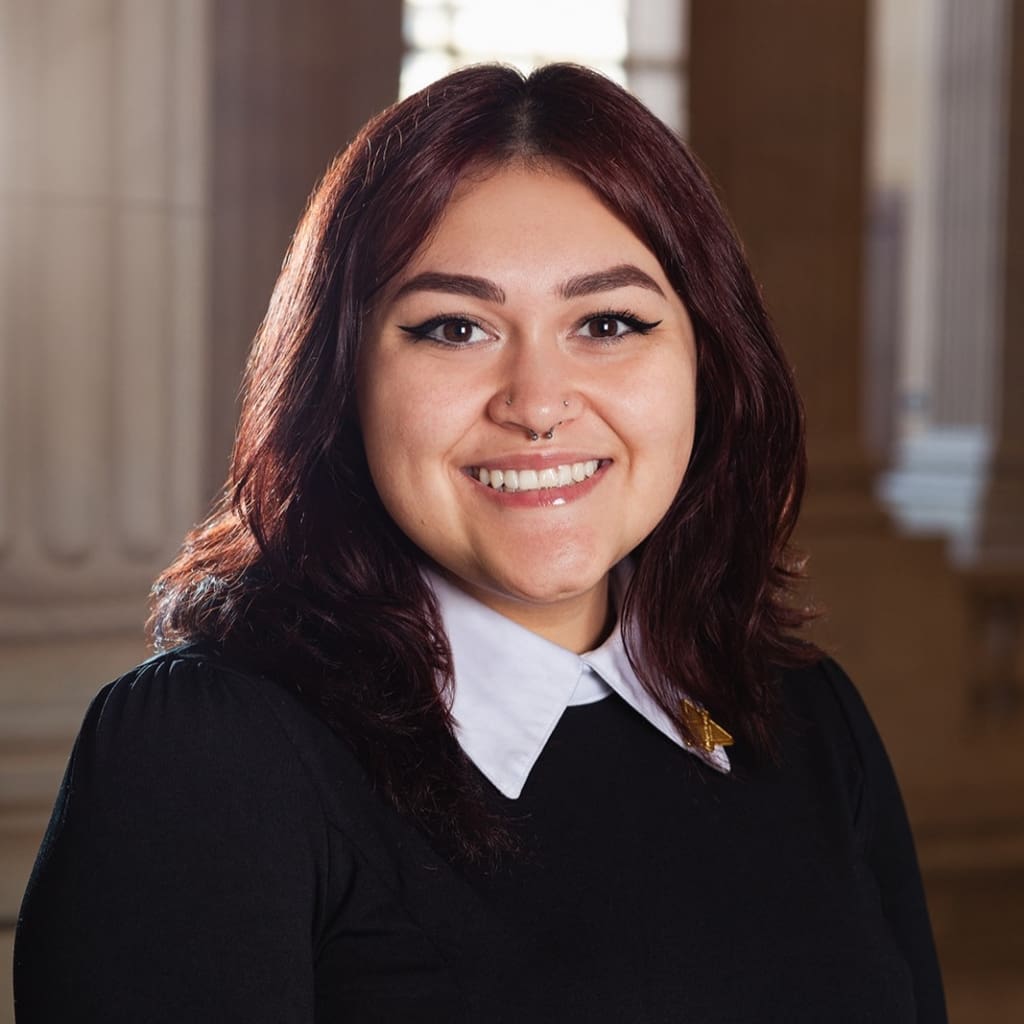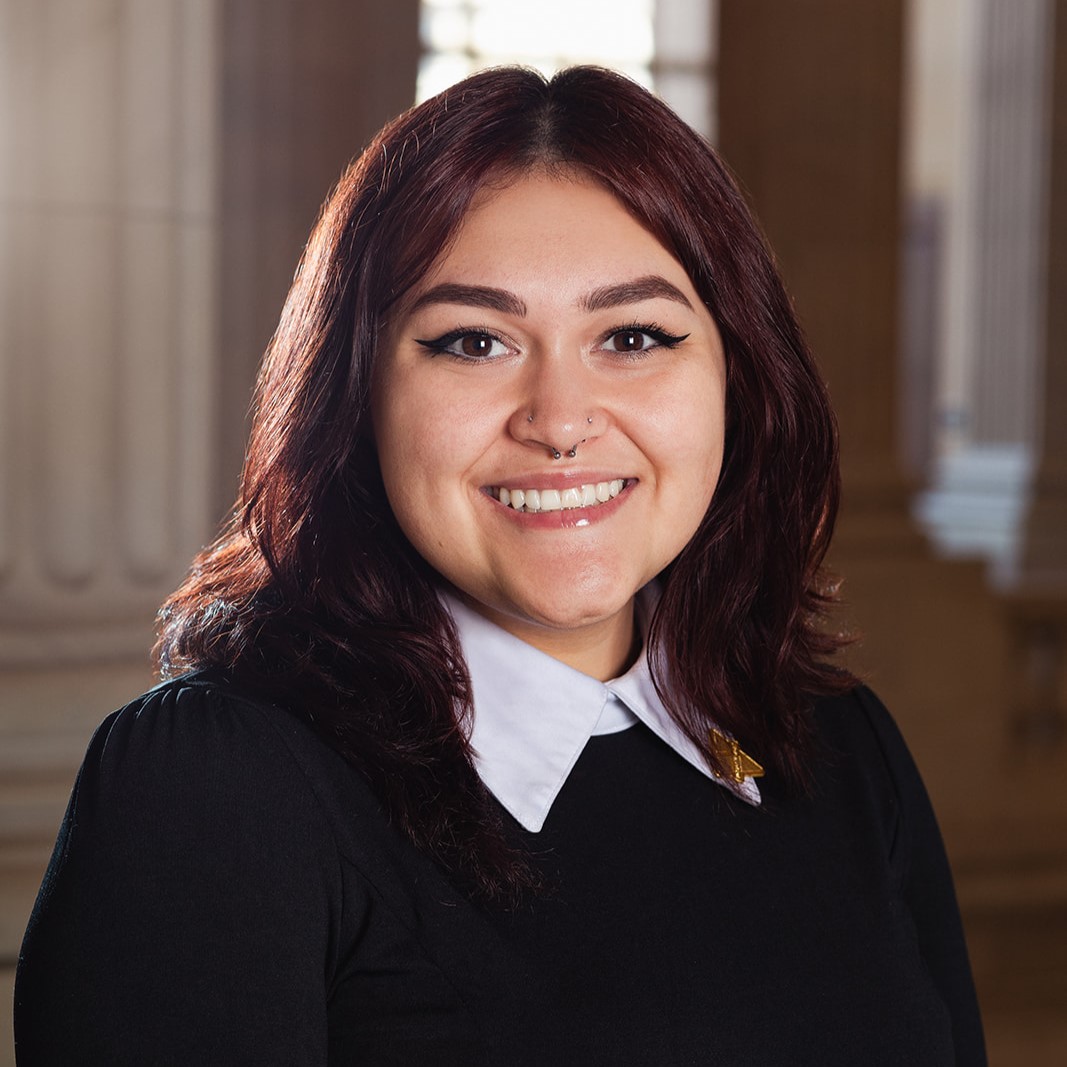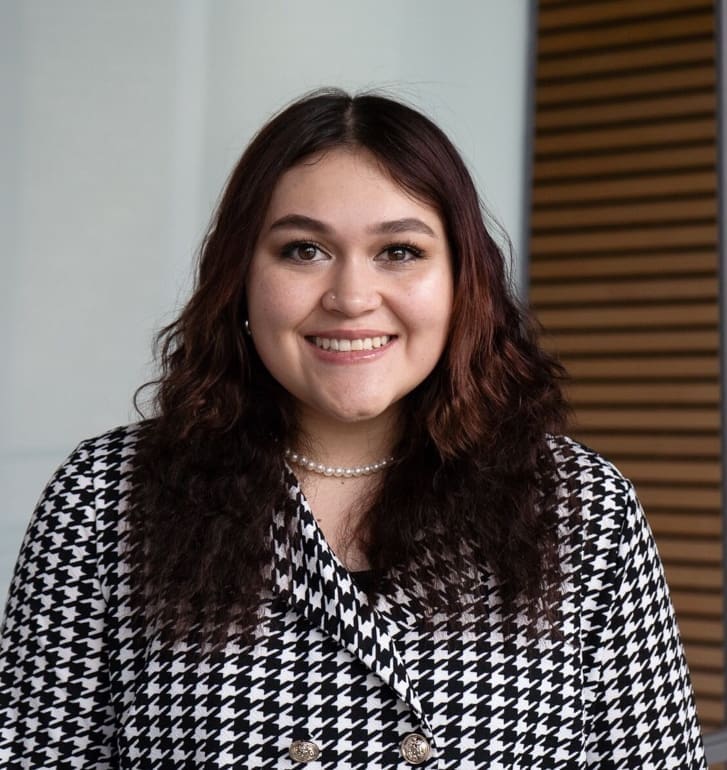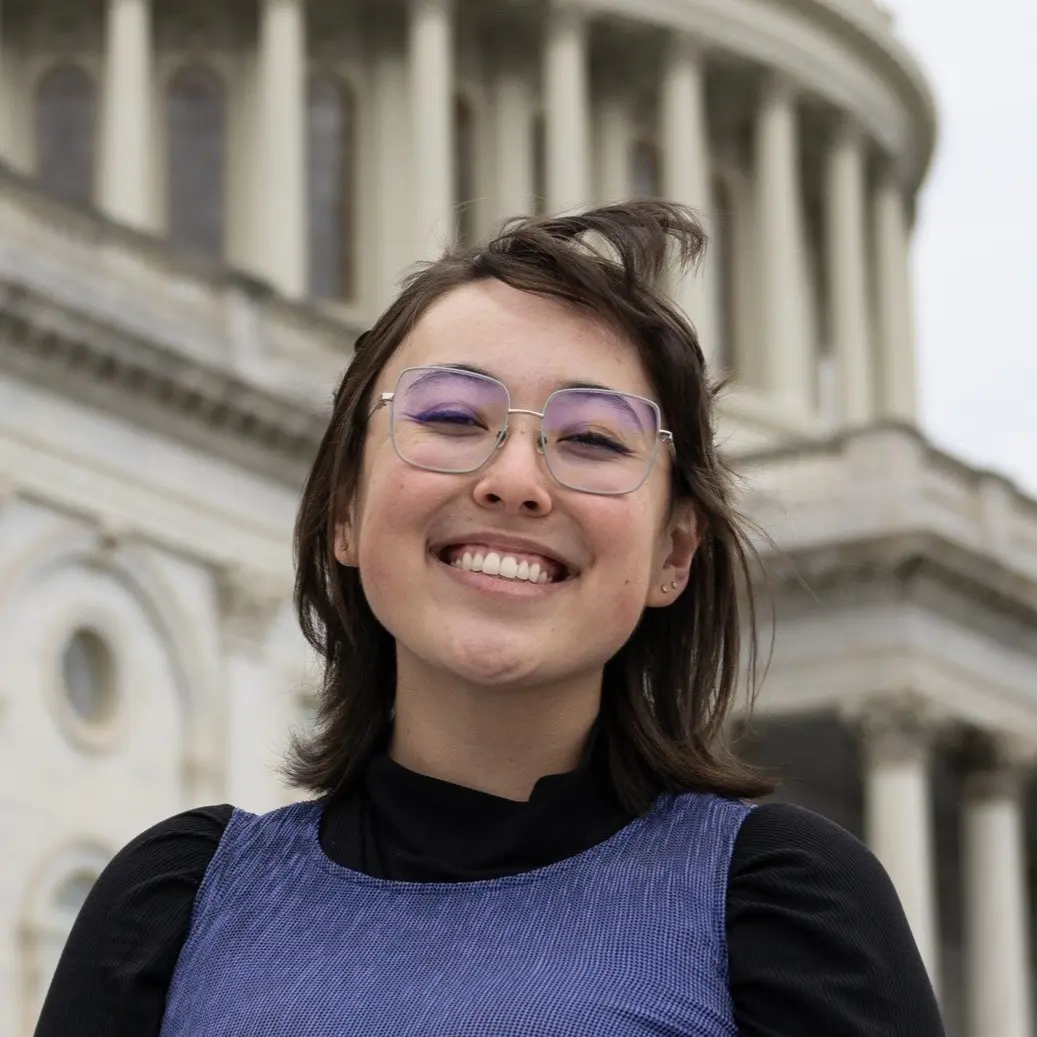
OUT ON THE HILL is the official blog of the Victory Congressional Interns. Views expressed do not necessarily reflect those of LGBTQ+ Victory Institute. Learn more about the internship at victoryinstitute.org/vci.
__________________________
I never could have imagined the day where I could look up at my television screen and see a fellow Asian American woman working in an elected office. Knowing how little representation people from my community have in politics, I was not surprised to learn that our great nation has only very recently made strides towards expanding representation for people of marginalized identities in Congress.
During my first congressional internship, I was fortunate to be a part of a diverse team, but I was also surprised at how diverse my office was. Coming from rural Ohio, I was often the only person of color in certain spaces; learning to navigate how to present myself was always in my subconscious. So, when I finally dove into public service, I was surprised to have a supervisor who was also Asian, as well as Asian coworkers. This workplace representation not only made me feel seen and inspired, but it solidified my commitment to fostering conversions and connections with others who also share my identity.
Becoming a part of the Congressional Asian Pacific American Staff Association (CAPASA) allowed me to connect with my community in a way I was never able to before. I had the great honor and privilege of sitting in on an interview with Representative Judy Chu from California’s 28th District during my time as a member of CAPASA. Congresswoman Chu made history as the first Chinese American woman elected to the House of Representatives. She is an inspirational figure for many Asian-American women working in public policy. Observing this interview revealed to me the disparities and need for expanded representation in politics for marginalized communities, while also reinforcing my commitment to maintaining a role in public service.
As I reflect on my journey, I am reminded that representation is not just about presence: it’s about power, visibility, and the ability to shape the policies that positively impact our communities. Even when our presence is questioned or undervalued, it is precisely in those moments that our voices are most necessary. Diversity in public service brings lived experiences that enrich our democracy and challenge the status quo. My time on Capitol Hill affirmed that I, and others like me, belong in these spaces not just as participants, but as leaders. We are no longer content with waiting to be seen; we are ready to be heard. We are here to stay and fight the good fight.


